May 20, 2020 | by The SEEP Network
Savings Groups are one of the most consistent and sustainable platforms for community development worldwide. Currently, there are more than 15 million members in Savings Groups in more than 73 countries around the world, supported by hundreds of development organizations in Africa, Asia and Latin America. These groups have proven that they are resilient and resourceful. Often, they are at the frontlines of the local response to crisis.
As mobility is restricted and markets falter, the COVID-19 pandemic poses crucial health and economic risks for Savings Groups. As most members are women, they are likely to be disproportionately affected by the health crisis, including additional burdens as primary caregivers, as well as increased risk of intimate partner and sexual violence.
In a recent guidance note, the SEEP Network considers how best to support Savings Groups and their members during the COVID-19 pandemic, and how to effectively engage Savings Groups in community-level response efforts.
Three months into the global pandemic, what is being done to mitigate the impact of the health crisis on Savings Groups and their communities? How are Savings Groups and the organizations that work with them adapting – and to what effect? And how are they planning to build back better, such that both Savings Groups and the programs that support them are more resilient to future crises?
View this webinar with CARE, Catholic Relief Services and the International Rescue Committee to explore their response and recovery efforts related to Savings Groups, including health messaging, the integration of new technologies, cash and voucher assistance, new and potential partnerships, and more.
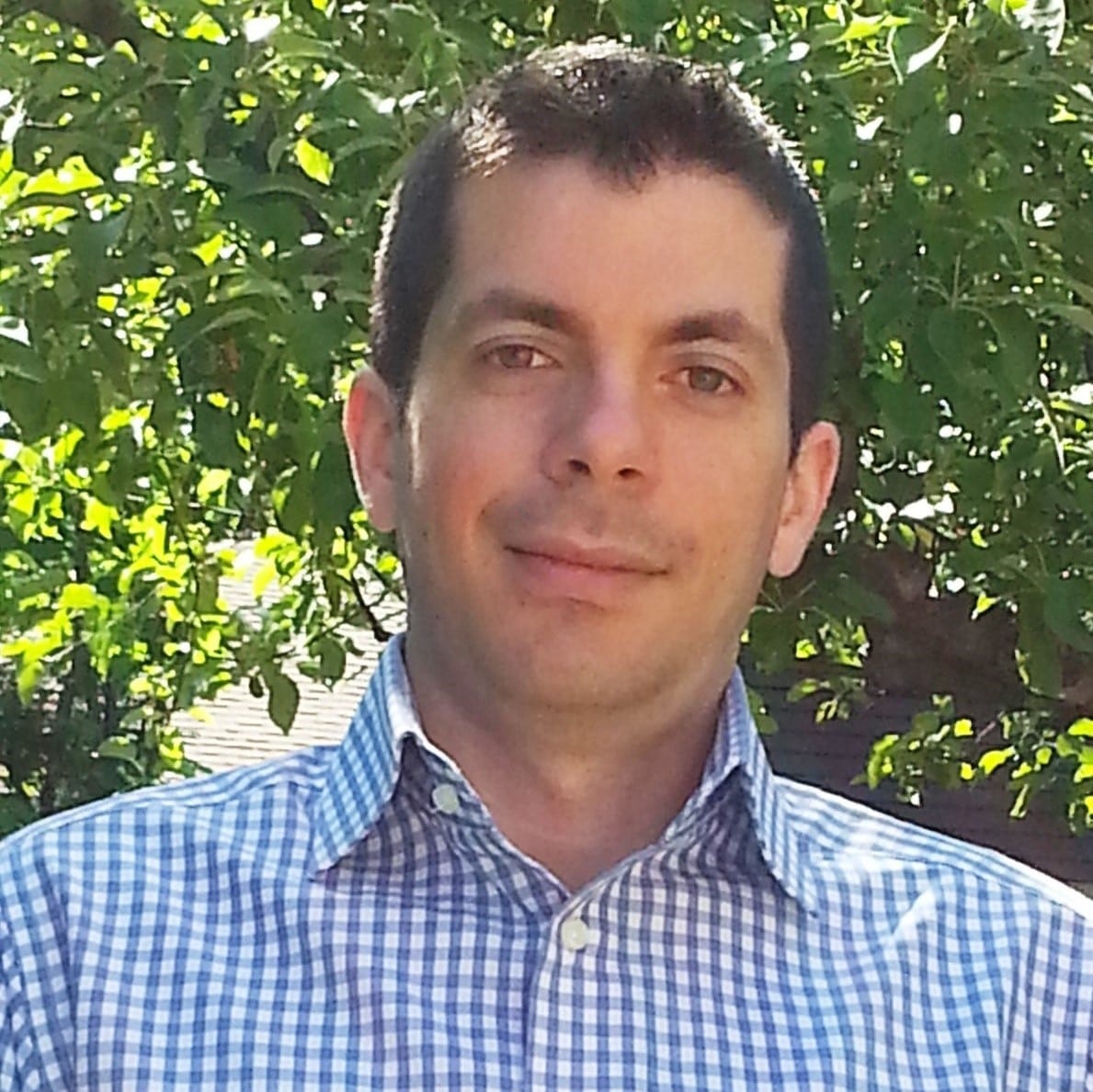 David Panetta, Program Director, Savings Groups, The SEEP Network
David Panetta, Program Director, Savings Groups, The SEEP Network
As Program Director, David leads the SEEP Network’s initiatives to improve standards of practice, mobilize knowledge, create opportunities for learning, and strengthen partnerships and alliances among entities that promote or engage with Savings Groups. Previously, David led the development of Savings Group programs in 19 countries, reaching approximately one million members – working with the Aga Khan Foundation, DFID, Plan International, Mercy Corps, VSL Associates, World Vision and over one hundred local NGOs. He has a Master’s in Economics from McGill University and is fluent in English, French and Spanish.
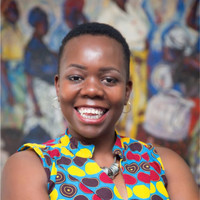 Veyrl Adell, Senior Technical Advisor for Financial Inclusion, CARE
Veyrl Adell, Senior Technical Advisor for Financial Inclusion, CARE
Veyrl is a gender and social inclusion economist with over 20 year of experience in designing and leading implementation of gender, adolescent girls and youth inclusive business models and strategies across Africa. She has led economic and social empowerment for women, people with disabilities, girls, and youth across various sectors such as insurance and finance, trade, sustainable energy, education, supply chain, health, agriculture, policy, climate resilience and making markets work for the poor (M4P) amongst others.
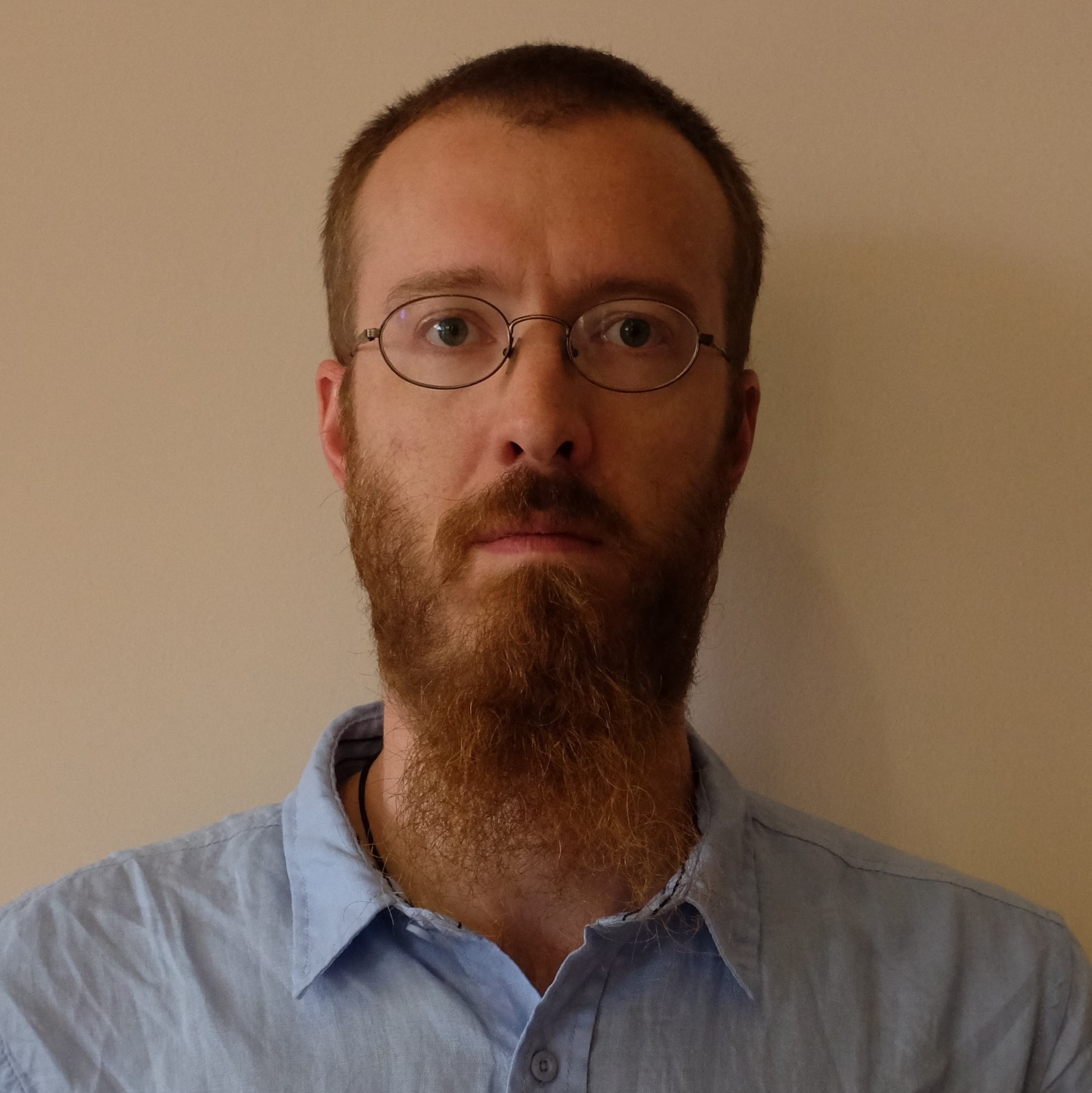 marc bavois, Senior Technical Advisor for Microfinance, Catholic Relief Services
marc bavois, Senior Technical Advisor for Microfinance, Catholic Relief Services
marc bavois has worked in pro-poor microfinance for over 15 years, with field experience in over 20 countries. As Senior Technical Advisor for Microfinance, he leads CRS’s work on the SILC-PSP methodology and has written the manuals and trainer guides used in SILC programs across the agency. In addition, he has designed CRS’s master trainer program and was the technical lead for the EFI project which reached over half a million members, two thirds of them from the poorer half of their communities. Previously he worked with Freedom from Hunger, where he supported MFIs and contributed to the development of the Saving for Change methodology.
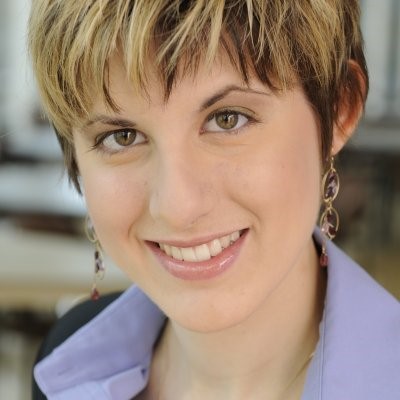 Stefanie Leigh Plant, Technical Advisor for Enterprise Development and Employment, International Rescue Committee
Stefanie Leigh Plant, Technical Advisor for Enterprise Development and Employment, International Rescue Committee
Stefanie Leigh Plant is Technical Advisor for Enterprise Development and Employment and currently serves as Chair of Global COVID Program Adaptation and Coordination Response at the International Rescue Committee. Stefanie designs and supports initiatives centered around entrepreneurship, financial inclusion, market strengthening, job skills training, and private sector partnerships. She previously served as Program Director with the Touch Foundation, Executive Director at consulting firm CCS, and managed industrial logistics for McMaster-Carr Supply Company. Stefanie holds a B.A. in Economics from Harvard University and an M.B.A from the University of Chicago Booth School of Business.
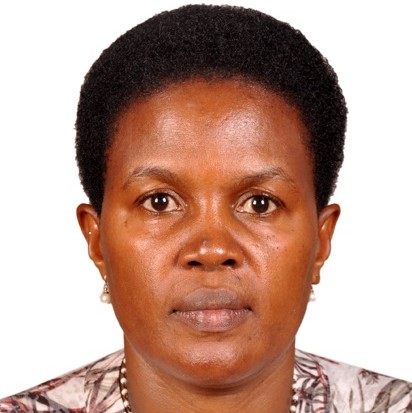 Grace Majara, Senior Technical Advisor for Financial Inclusion, CARE
Grace Majara, Senior Technical Advisor for Financial Inclusion, CARE
Grace has championed CARE’s Village Savings and Loan Association (VSLA) methodology and took it to scale for CARE Uganda and across the region. Grace has over 20 years of experience in developing and implementing financial inclusion solutions through VSLA programming, digital technology integration, financial literacy and linkages, enterprise development and value chain programming. Through her work, she has partnered with banks, microfinance institutions, mobile network operators and others in the private sector to adapt financial services to meet the needs of marginalized people, especially women and youth.
 Ashutosh Raina, Social Development Specialist, The World Bank
Ashutosh Raina, Social Development Specialist, The World Bank
Based in Washington DC, Ashutosh focuses on community-driven development (CDD), local economic development (LED), and disruptive technologies for the social sector, among other themes. He has 12 years of experience in designing and implementing jobs and local economic development programs in South Asia and Africa. He is currently supporting livelihoods and local economic development programs in Uganda, Kenya, Ethiopia, Djibouti, Tanzania, and Nigeria, including in conflict and displacement settings. He is also working on various digital technology pilots focusing on empowering communities and linking them to economic opportunities.
Categories: Savings Groups Webinar Savings Groups Webinar 2020 WebinarsBlogs

1621 North Kent Street, Ste 900,
Arlington, VA, 22209
P 202.534.1400
F 703.276.1433
Website Photos: © mari matsuri
